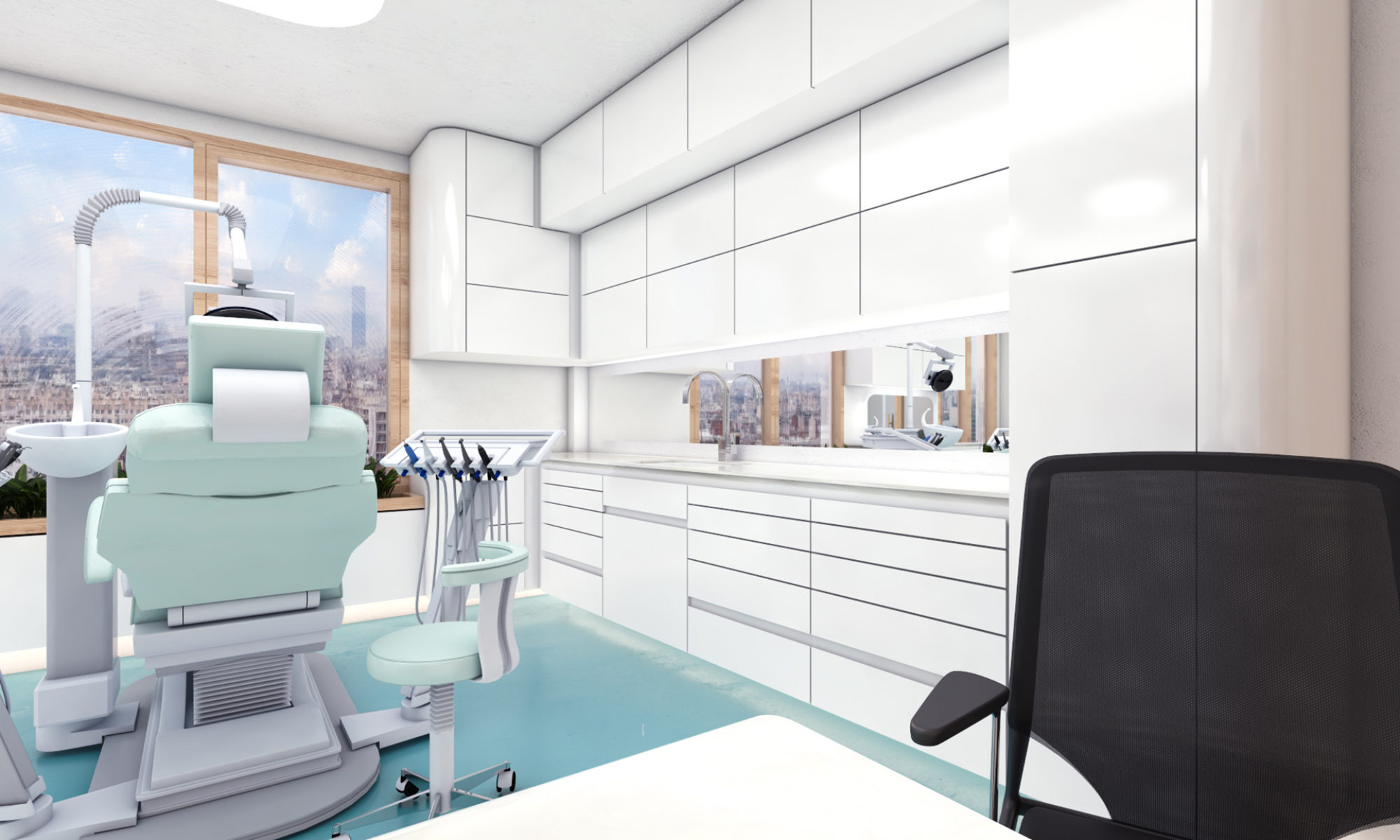
The formation of many important systems of the child’s body occurs when the expectant mother is unaware of pregnancy. Unfavorable factors of this period can have a negative impact on the development of the baby’s organs and tissues, including teeth. Therefore, it is worthwhile to engage in the prevention of dental diseases in a child long before his birth, when a woman is just planning a pregnancy.
What can cause a violation of intrauterine development of the dentition of the fetus? Is it possible to prevent these pathologies and how to do it? About this and much more in our article.
The first two months of pregnancy are the most critical in terms of the possibility of developing anomalies of the facial skeleton, jaws and teeth in the fetus. The rudiments of milk teeth are formed already at 6-7 weeks of pregnancy, and in the period from 17 to 25 weeks, the rudiments of permanent incisors, canines and first molars are laid. After the laying of the teeth, the process of mineralization begins, which continues after the birth of the baby.
Based on these data, we can conclude that the health of the child’s teeth depends on how well the pregnancy of the expectant mother proceeds.
The following factors can negatively affect the condition of future teeth:
- toxicosis in the first trimester of pregnancy,
- infectious diseases of a pregnant woman (in particular, SARS, rubella, toxoplasmosis),
- diseases of the endocrine system (for example, diabetes mellitus, chronic nephropathy),
- diseases of the cardiovascular and hematopoietic systems (heart defects, anemia),
- taking certain medications in the first trimester of pregnancy,
- bad habits of the expectant mother (smoking, drinking alcohol, drugs),
- professional hazards
- lack of vitamins and minerals in the diet of a pregnant woman.
What problems can these factors lead to?
First of all, to enamel hypoplasia – a malformation of the hard tissues of the teeth that occurs even before their eruption. This is due to a violation of the mineralization of hard tissues of the teeth during the period of intrauterine development of the fetus. Sometimes there is an extreme form of hypoplasia, when the enamel is completely absent (aplasia).
What are these conditions fraught with? Against the background of enamel hypoplasia, caries intensively affects the child’s teeth after eruption, and can affect several surfaces of the teeth at the same time. Children with enamel hypoplasia need regular follow-up with a dentist from an early age in order to carry out regular preventive measures.
If during pregnancy the expectant mother took antibiotics of the tetracycline series, this threatens to develop a specific malformation of the enamel – “tetracycline teeth”. This disease is manifested by the eruption of teeth, painted partially or completely in yellow, orange or brown. Intrauterine staining of teeth can also be due to the Rh conflict between the pregnant woman and the fetus.
Hereditary factors, bad habits of a woman during pregnancy can lead to partial or complete adentia (absence of a certain group or all teeth) due to the death of tooth germs.
During pregnancy, a woman’s body undergoes hormonal changes. For the bearing of the fetus, all the reserves of useful vitamins and trace elements are used. As a result, there is a weakening of the immunity of the pregnant woman, there is a deficiency of calcium, fluorine, magnesium, and the mineral metabolism in the body is disturbed. Of course, this can also negatively affect the development of the fetus, so it is important that the expectant mother has a balanced diet and regularly consumes the necessary vitamin complexes on the recommendation of a gynecologist from the antenatal clinic.
Maintaining your own dental health is another factor that will allow a pregnant woman to keep her baby’s teeth. Ideally, to carry out sanitation of the oral cavity even during the planning of pregnancy. During gestation, you should carefully observe oral hygiene, visit the dentist for preventive examinations, as well as at the first signs of damage to the teeth and gums. The doctor will assess the condition of the oral cavity and carry out those procedures that are compatible with pregnancy. Procedures such as planned removal of wisdom teeth, implantation, complex orthopedic treatment are best postponed until the birth of a child or until the end of breastfeeding. This is due to the fact that after such procedures, the use of antibiotics may be required, and they are contraindicated for pregnant and lactating mothers.
Do not forget that the health of the mother is the key to a healthy beautiful smile of the unborn child.
